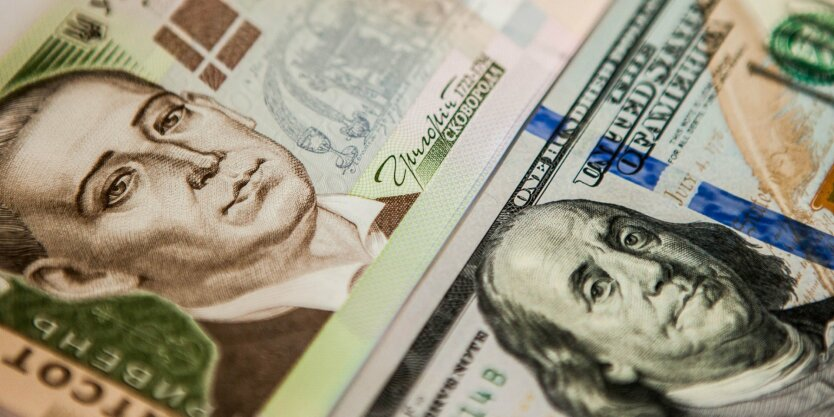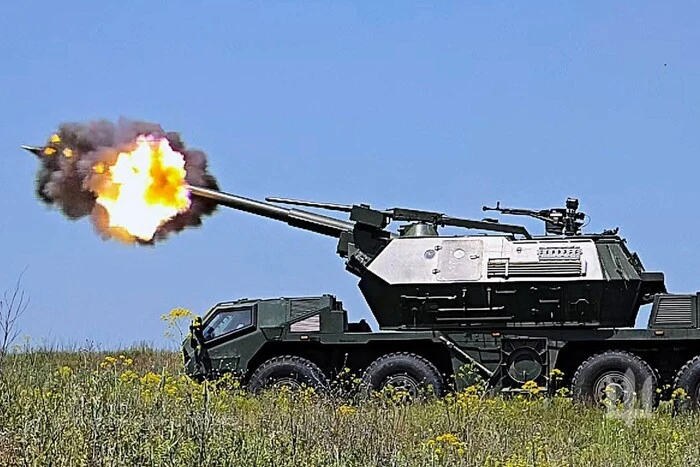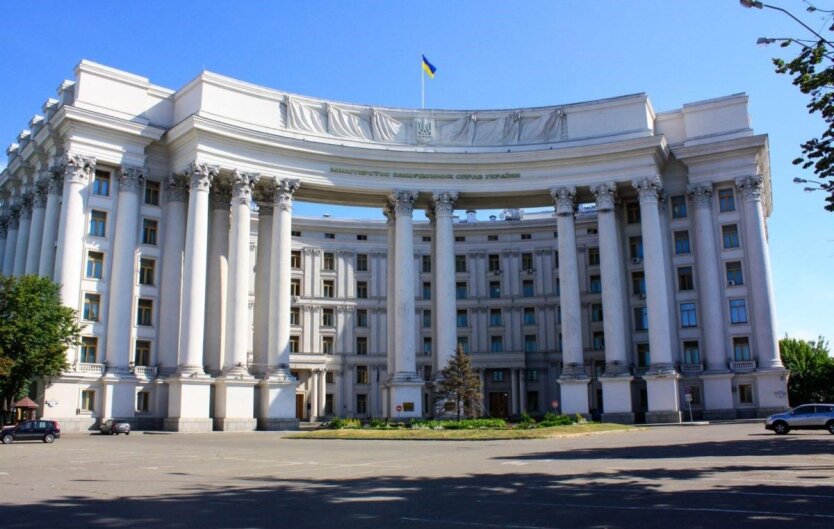Why the NBU Allowed the Weakening of the Hryvnia: Pyshnyi Explained the Regulator's Strategy.


The National Bank of Ukraine (NBU) explained the reasons and consequences of the weakening of the hryvnia a year after transitioning to a managed exchange rate flexibility regime.
According to Andriy Pyshnyi, the head of the NBU, such a change in the exchange rate positively affected the economy during the war.
"This occurred against the backdrop of a combination of exogenous factors (longer and more intensive war, destruction of energy infrastructure, rumors of a "default"), easing of monetary policy and currency restrictions by the National Bank, which was critically important for businesses and stimulating economic activity," explained Pyshnyi the reasons for the hryvnia's weakening.
The hryvnia fell against the dollar by almost 13% on the official market and by 9% on the cash market. This weakening happened due to the war and the easing of monetary policy.
However, according to Pyshnyi, this exchange rate dynamic also had positive consequences. Inflation over the year met the regulator's target of 5%. The trade deficit decreased from $24.5 billion to $22.2 billion. Also, assets in the national currency remained attractive.
Pyshnyi reminds of the high rates on hryvnia deposits and bonds. Last year, rates reached up to 12% on deposits and 19% on bonds.
Read also
- Enemy losses as of June 30, 2025 – General Staff of the Armed Forces of Ukraine
- Return of Russia to SWIFT: US Senator Poses Uncomfortable Question to Trump Administration
- Pathological Liar: The Ukrainian Ministry of Foreign Affairs Revealed Putin's True Motives Regarding NATO
- Mossad Operation: The Times Reveals Details of Israel's Years of Preparation for Attack on Iran
- Frontline situation as of June 29. Summary of the General Staff
- Unequal situation: The Ministry of Foreign Affairs revealed the true reasons for rejecting restrictions on anti-personnel mines










